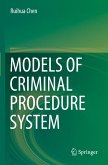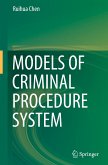
Broschiertes Buch
1st edition 2022
3. Oktober 2023
Springer / Springer Nature Singapore / Springer, Berlin
978-981-19-3653-1

Gebundenes Buch
1st edition 2022
2. Oktober 2022
Springer / Springer Nature Singapore / Springer, Berlin
978-981-19-3650-0
| eBook, PDF | 113,95 € |
Ähnlichkeitssuche: Fact®Finder von OMIKRON
